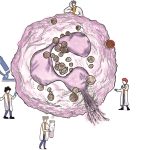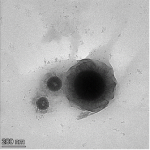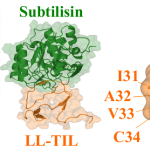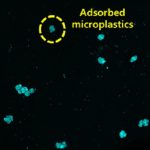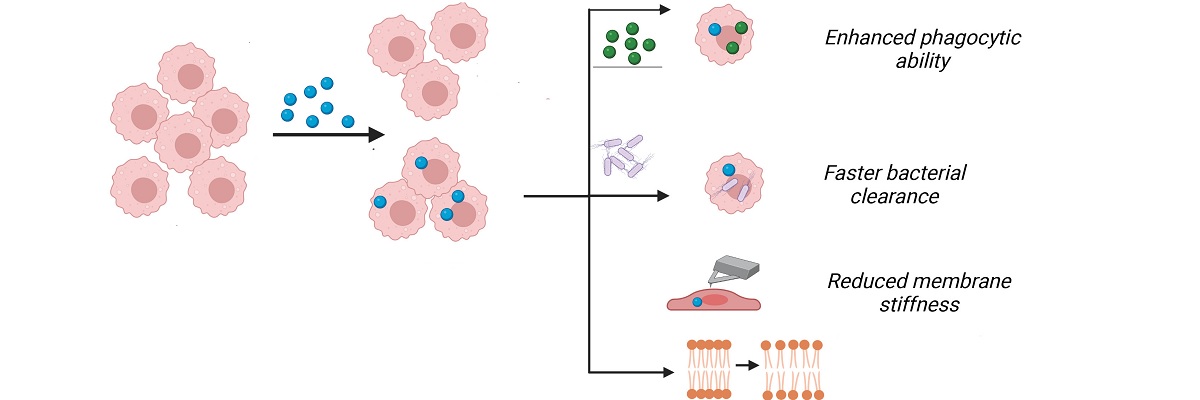
Our bodies are continually exposed to foreign particles, many of them harmful to us. The job of removing these particles falls to specialised immune cells that phagocytose – literally eat these particles, and attempt to destroy them inside their cellular compartments.
In this day of modern medicine, our bodies also come in contact with engineered nanoparticles that are developed either for diagnostic purposes or for controlled delivery of medicinal drugs. If an immune cell recognises these synthetic nanoparticles as foreign and internalises them, its characteristic ability to phagocytose pathogens appears to change. This change in a ‘particle-loaded phagocyte’ is poorly understood.
To understand how these particles influence immune cells once internalised, Siddharth Jhunjhunwala and his team at the Centre for BioSystems Science and Engineering, IISc, used ‘cargo-free nanoparticles’ – particles not loaded with any drugs or diagnostics. The researchers studied the uptake of these nanoparticles by three different types of immune cells – monocytes, macrophages and neutrophils.
They discovered that after internalising nanoparticles, the phagocytic ability of the cells increased noticeably. This increase did not depend on the size of the particle or the material it was made of, and it was a direct result of increased fluidity of the lipid membrane surrounding each cell. The researchers showed that when tested in the lab, immune cells loaded with such nanoparticles could identify and destroy bacteria like E. coli faster. The uptake of abiotic particulates was also enhanced in these cells. This discovery raises the possibility of inducing the immune system to clear infections and cellular debris faster, promoting wound healing.
The work has been described in a publication, and the team has also filed for a patent to enable the commercial use of this particle technology.

